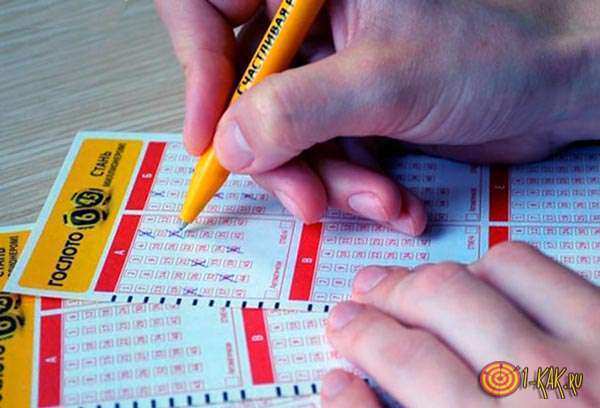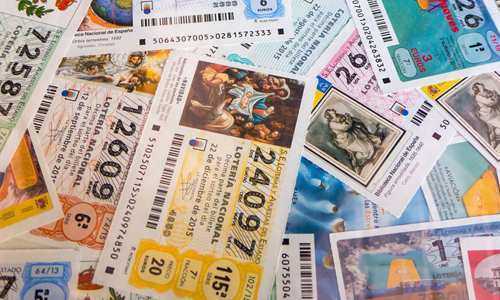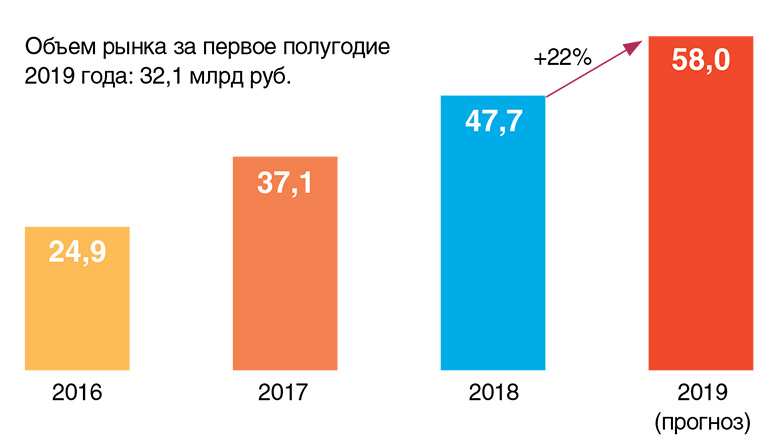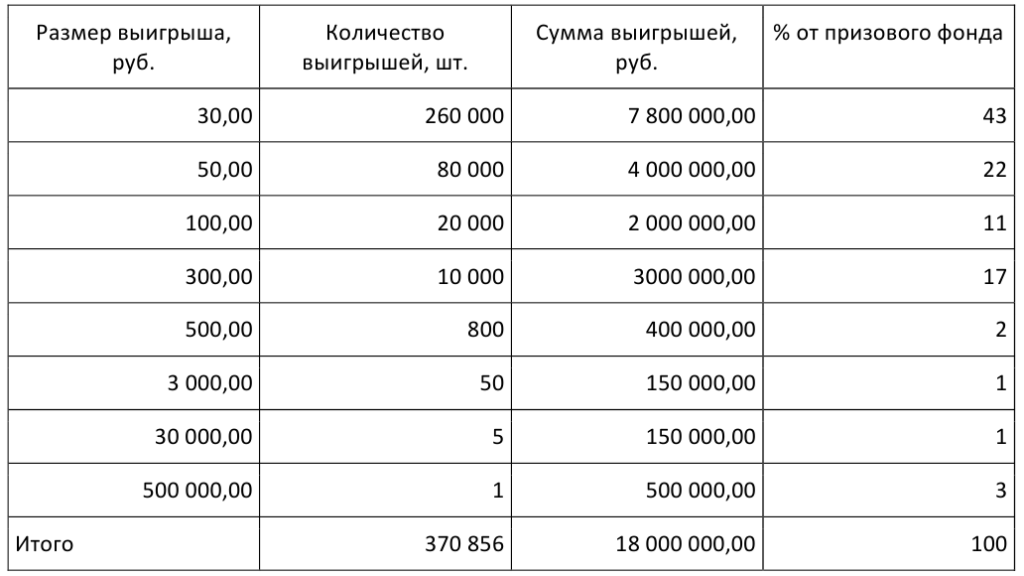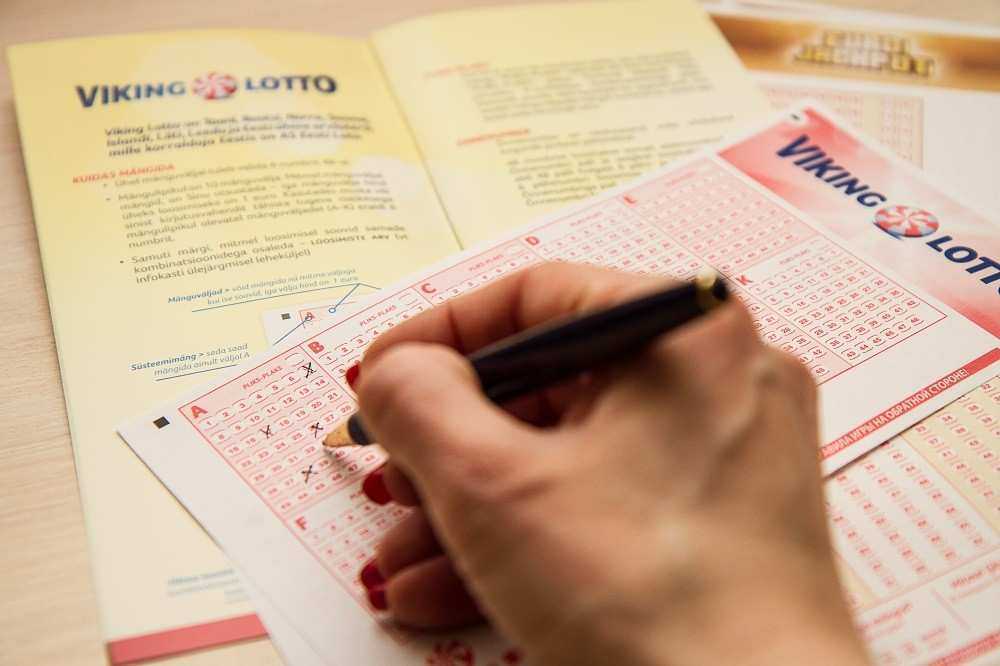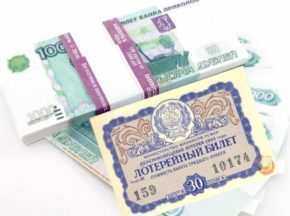A little about the history of the appearance of the first lotteries
Also in 1466 year in Europe, the widow of the artist Eyck organized a massive lottery draw, dedicated to the 25th anniversary of the death of her husband. All funds, who managed to help out, were intended for the needy residents of the city. Then a lottery was held in Holland, after which its mass character and popularity acquired a continental scale.
If ordinary people used tickets as a chance to improve their affairs at least a little, without thinking about, is it realistic to win the lottery, then the European monarchs saw in her a limitless method of enrichment, based on human weakness. This is a completely harmless way to withdraw money from the population..
Money, proceeds from playing the lottery, went for various purposes. In France, where the church has always been above the state, many churches and temples were built, so that people can ask the Almighty to send them good luck in the upcoming drawing, but in England the money went mainly to the construction and maintenance of seaports. About fifty colleges and universities were built in America, including the famous Yale and Harvard, more 300 schools. And in the capital of Australia - Sydney for money, proceeds from the lottery, the world famous opera house was built.
What is the tax on lottery winnings
Any profit in the Russian Federation is taxed. Lotteries are no exception in this list.. In its form, the tax affects:
- Cash prize. A certain percentage is deducted from the amount (13% from a citizen of Russia, 30% from a non-resident);
- Incentive lottery. Supermarket raffle machine, washing machine, TV, etc.. receipts on the player's balance, is an increase in his capital. The tax in this case is 35% from the cost of material gain.
Tax deduction can be carried out as a lottery organizer, and by the winner himself - by entering the winnings into his declaration.

